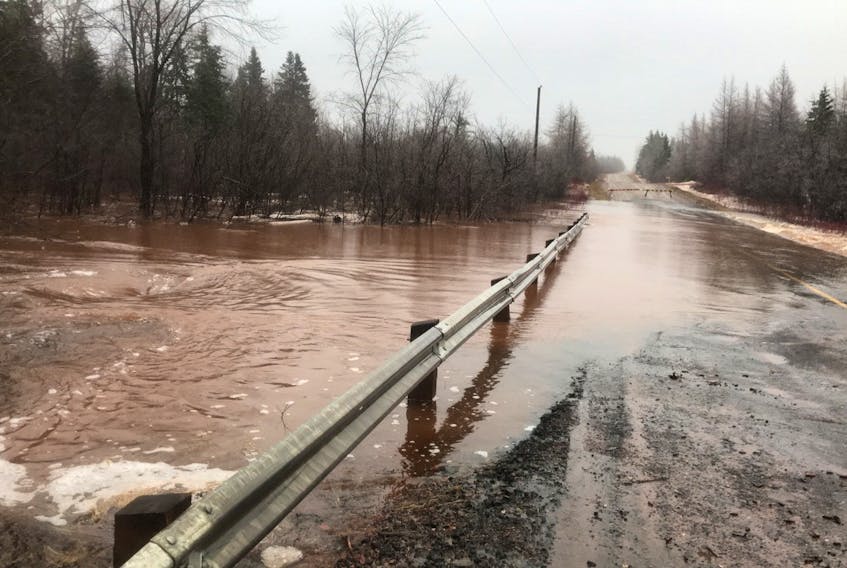With the recent spate of flooding around Atlantic Canada, the Insurance Bureau of Canada is reminding residents to contact their providers immediately if they have damage to report.
“We have seen the devastating effects that flooding can have on communities across our region,” said Tom O'Handley with IBC. “Warming temperatures and melting snow are adding to the already-dangerous conditions in some parts of Atlantic Canada. There is a need for everyone to be on alert and to be safe. That's why we want to help make sure that Atlantic Canadians are prepared and ready to deal with the damage when floods strike.”
Overland flood insurance has become more widely available across Atlantic Canada in recent years.
When severe weather occurs, it is important for people to understand their insurance policies and to know what is covered. If damage occurs, resident should contact their insurance representatives.
IBC's Consumer Information Centre is also available to answer any insurance-related questions at 1-844-2ASK-IBC.
How to start the claims process:
- When safe to do so, assess and document damage
- Call your insurance representative and/or company to report damage or losses
- Be as detailed as possible when providing information
- Water damage to vehicles is usually covered under comprehensive or all-perils policies Contact your insurance representative for more details
Help protect your home from water damage:
- Store valuable items in upper floors of your home, away from the basement
- Have large appliances, furnaces, hot water heaters and electrical panels raised up on wood or cement blocks. If you're unable to do so, consider anchoring these items and protecting them with a floodwall or shield
- Anchor fuel tanks to the floor. A fuel tank can tip over or float in a flood, causing fuel to spill or catch fire. Make sure vents and fill-line openings are above flood levels. For propane tanks, contact the propane company on best storage methods
- If flooding is imminent, shut off electricity to areas of the home that may be affected. Use sand bags or install flood shields or built-up barriers for basement windows and doors
Create an emergency preparedness plan with your family
- Assemble an emergency supply kit
- Prepare a detailed home inventory
- Pay attention to local authorities and monitor weather developments regularly
- Avoid roads covered by water









